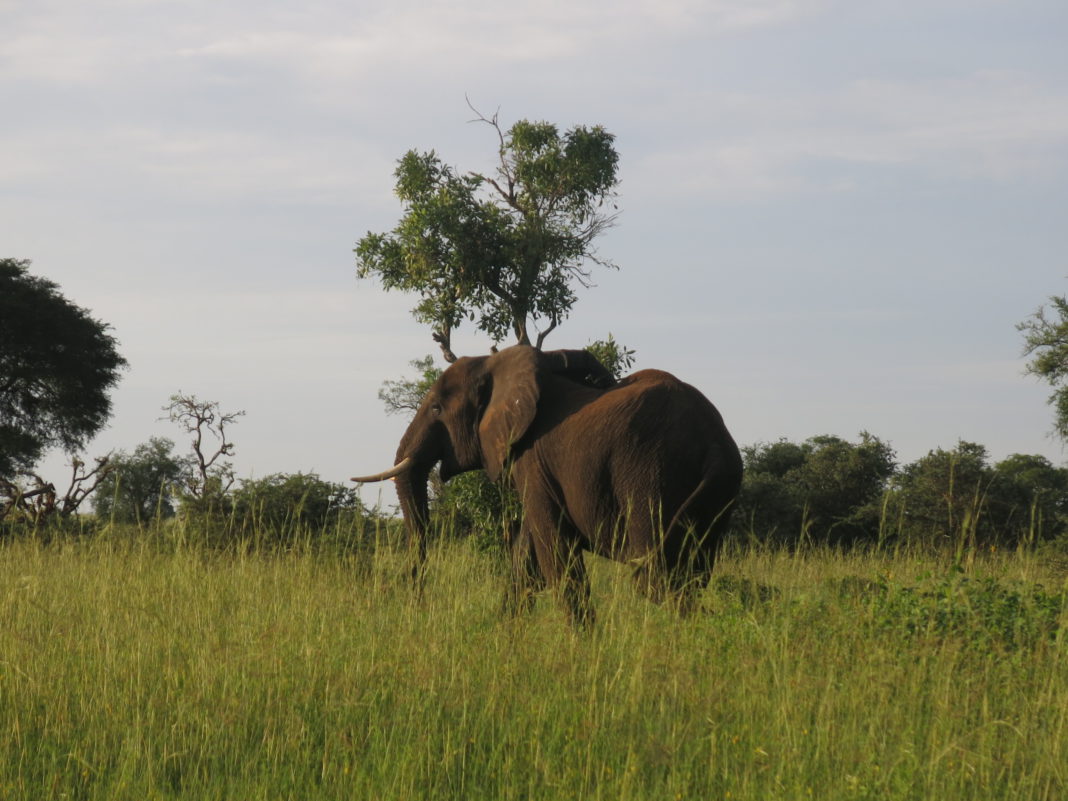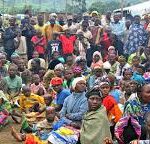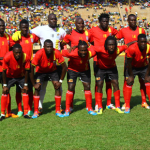Grants to the total value of 368,939 EUR (Shs1.6 billion) have been awarded to five organisations in Uganda to address biodiversity conservation needs. The European Union (EU) and the Organisation of African, Caribbean and Pacific States (OACPS) have made funds available through the IUCN Save Our Species African Wildlife Initiative and the BIOPAMA Action Component (AC), both managed by the International Union for Conservation of Nature (IUCN).
In 2020, in response to the #Covid-19 pandemic and the severe loss of income for many protected areas and biodiversity projects, IUCN Save Our Species and the BIOPAMA AC opened a special call for proposals within both of these mechanisms to alleviate impacts caused specifically through the pandemic.
Four million Euros were made available as Rapid Action Grants under IUCN Save Our Species to help address impacts from Covid-19 on the conservation of terrestrial or freshwater species in continental Sub-Saharan Africa and Madagascar. Another two million Euros were made available through the BIOPAMA Rapid Response Grants to address impacts of #Covid-19 in and around protected areas in the African, Caribbean and Pacific regions.
Three of the five grantees in Uganda through IUCN Save Our Species and BIOPAMA are implementing a range of activities to alleviate the impacts of COVID-19, including diversifying livelihoods to absorb the loss of tourism income, implementing health protocols and monitoring to protect gorillas, and clearing invasive species to secure rhino habitat. The Environmental Governance Institute (EGI), Conservation Through Public Health (CTPH) and the Rhino Fund Uganda are implementing these activities in and around Murchison Falls National Park, Bwindi Impenetrable National Park, and Ziwa Rhino Sanctuary.
Two of the projects supported with EU funds through IUCN Save Our Species are longer-term projects, not directly linked to #Covid-19 impacts. Ecological Trends Alliance (ETA) aims to fight against lion persecution in Queen Elizabeth National Park, while the Snares to Wares Initiative transforms wire snares taken from Murchison Falls National Park into sculptures that not only generate alternative revenue opportunities for local communities, but also shine a spotlight on illegal poaching practices.
“Many of the threats facing biodiversity and protected areas have been exacerbated following the #Covid-19 Pandemic. But we have also seen greater appreciation of nature and the importance of conservation. Working together with various stakeholders including local communities IUCN is confident that we will develop more resilient ecosystems for the benefit of nature and people,” says Luther Anukur, IUCN Regional Director for Eastern and Southern Africa.
“These response activities are key to address conservation and wildlife protection in these very difficult times plagued by the #Covid-19 pandemic,” says His Excellency Attilio Pacifici, Head of the Delegation of the European Union to Uganda. “These actions are also important to preserve the foundation for the future of the Ugandan Tourism Sector which is highly dependent on its beautiful and unique natural parks and its wildlife. Protecting the wildlife species is about protecting us and our lives. It is about safeguarding the future of our daughters and sons and securing for them a world in which they can live.”
Communities in the Murchison belt cannot count on tourism as a source of income anymore due to the closing of borders following the #Covid-19 outbreak. In response to this situation, EGI supports them in diversifying and developing alternative livelihoods, through trainings on alternative land use, photography, writing, communication and catering. Additionally, the project will also promote the conservation of various threatened species, including elephants, carnivores and primates.
Bwindi Impenetrable National Park is home to 43 per cent of the remaining 1063 free-ranging Mountain Gorillas in the world. If #Covid-19 were to infect the park’s gorilla population, it could have a devastating impact. CTPH will ensure the protection of Endangered Mountain Gorilla by conducting thorough and frequent #Covid-19 tests on both humans and gorillas, and by training staff on #Covid-19 prevention and gorilla health monitoring. The project will also help the local community generate alternative sources of income by training farmers on how to grow and sell organic coffee. The income generated from the sales will reduce their dependence on gorilla habitat to meet basic needs for food and wood, limiting human-gorilla contact as much as possible.
The lion population in Uganda is deteriorating due to human-lion conflict in and around Protected Areas. Queen Elizabeth National Park is an important stronghold for Uganda’s remaining lions, providing a home to an estimated 144 of the 408 lions in the area. However, lions in the park are threatened by retaliatory killings by local pastoralists who live in villages inside the park. Entire lion prides are killed as either retaliatory persecution or for prevention. ETA aims to reduce the number of both livestock depredation by lions, and of lions persecuted in the four enclave villages. Additionally, by involving the local community, the goal is to strengthen the relationship between local communities and the Protected Area.







